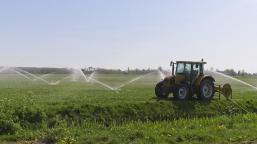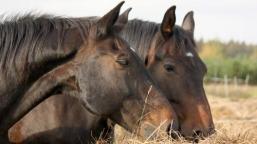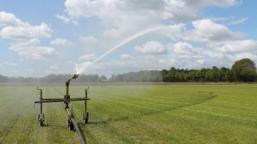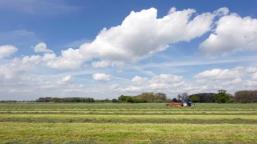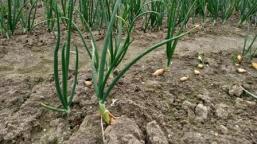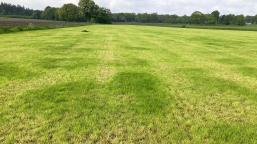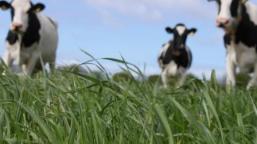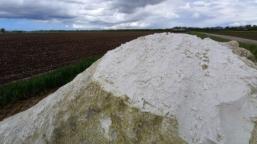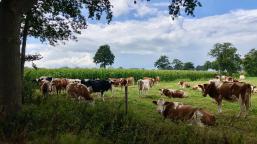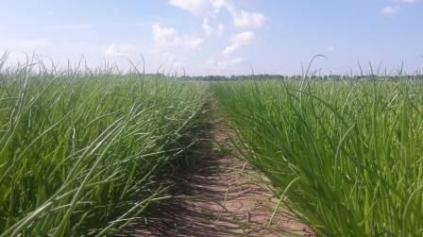
Cropping plan is key in carbon sequestration
16 September 2022 - Soil Carbon Check
Winter and spring wheat contribute considerably to the build-up of organic carbon, and thus to carbon sequestration in the soil. Unlike wheat, the contribution of flax and onions, on the other hand, is very small. By sequestering carbon in the soil, farmers and growers can earn carbon credits, therefore, to maximize the earning potential it’s important to consider your cropping plan.
Read more
